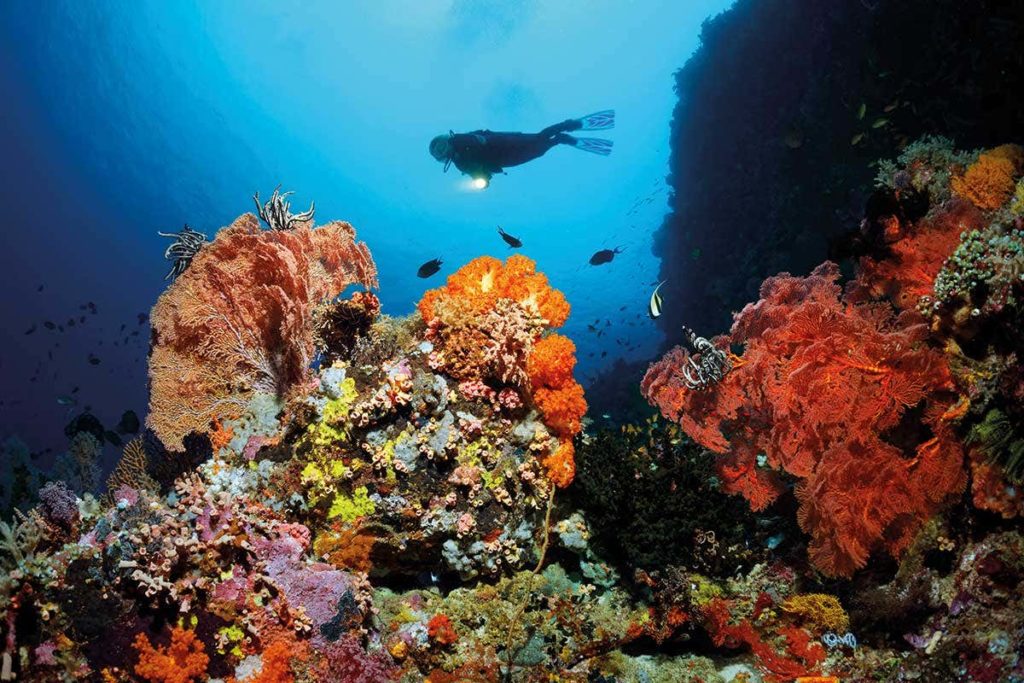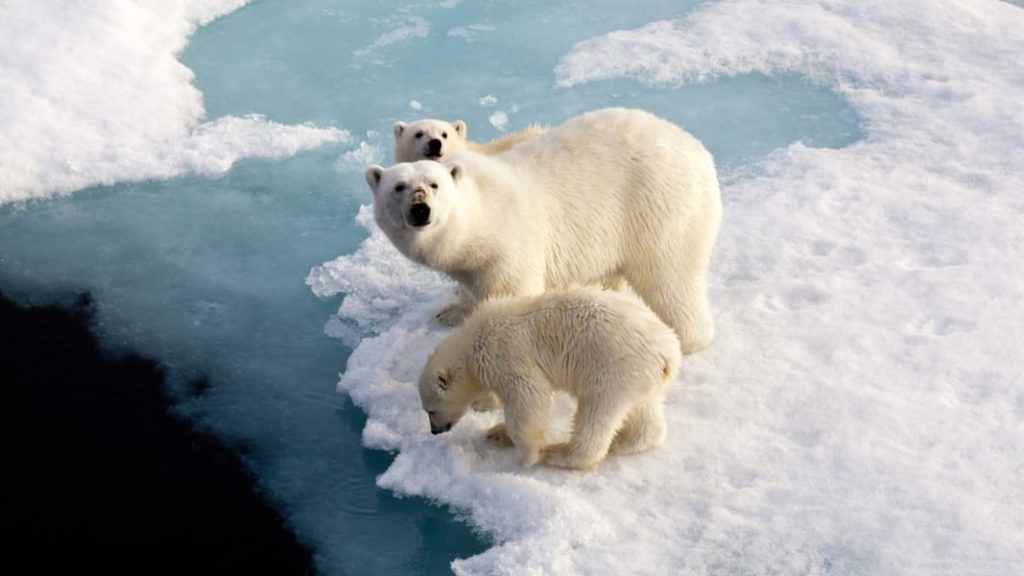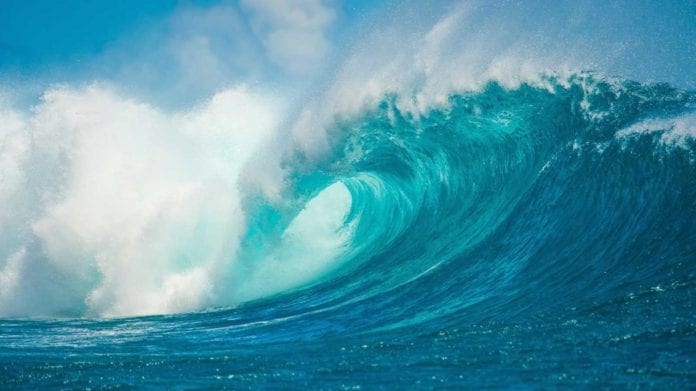An unnatural climate change is making the ocean more steady, expanding surface temperatures, and reducing the carbon they can retain, as indicated by research conducted by atmosphere researchers who cautioned that the discoveries have “significant and upsetting” implications.
Human-made environmental change has expanded surface temperatures over the planet, prompting climatic flimsiness and intensifying disasters related to climate, for example, storms and tornadoes. However, higher temperatures have an alternate impact on the oceans by slowing down the interaction between the warm surface and the cooler, oxygen-rich waters, researchers said.
This ocean “stratification” signifies less profound water is ascending towards the surface, conveying oxygen and supplements. In a report distributed in the diary Nature Climate Change, the worldwide group of atmosphere researchers said that they found that separation internationally had expanded by a “substantial” 5.3 per cent from 1960 to 2018.
The vast majority of this adjustment happened towards the surface and was credited generally to temperature rises. They said this cycle is likewise exacerbated by ocean ice dissolving, implying that more new water – which is lighter than saltwater – also amasses on the outside of the sea.

Study co-researcher Michael Mann, an atmosphere science educator at Pennsylvania State University, said in a critique distributed in Newsweek that the “seemingly technical finding has profound and troubling implications.” These lead to possibly more “intense, destructive hurricanes” as sea surfaces warm.
Mann additionally highlighted a decrease in the measure of CO2 retained, which could imply that carbon contamination develops quicker than anticipated in the environment. He cautioned that complex atmosphere models regularly disparage sea definition and may think little of its effect.
With hotter upper waters accepting less oxygen, there are additional suggestions for marine life. By absorbing a quarter of human-made CO2 and soaking up more than 90 per cent of the heat generated by greenhouse gases, oceans keep the population alive – but at a terrible cost, according to the Intergovernmental Panel for Climate Change (IPCC).
Oceans have become acidic, possibly subverting their ability to draw down CO2. Hotter surface water has extended the power and scope of dangerous typhoons. Marine heatwaves are clearing out coral reefs and quickening the dissolution of icy masses and ice sheets, driving the rise in ocean level.

What can we do to prevent Ocean Warming?
Improve the structure of Scientific Research: Governments can expand interests in logical examination to quantify and screen sea warming. This will give more accurate information on the scale, nature, and effects of ocean warming, making it conceivable to plan and execute satisfactory moderation and transformation methodologies.
Control Green House Gases: There is a dire need to accomplish the Paris Agreement’s targets on environmental change and reduce its worldwide average temperature by well underneath 2°C. This will help forestall the gigantic and irreversible effects of developing temperatures in the ocean which currently affect various biological systems and their functioning.

Implement Sustainable Development: Countries can implement policies keeping in mind the creation of fisheries within sustainable limits by setting prudent catch restrictions to forestall overfishing. Seaside zones that preclude all or specific improvement areas along the shoreline can limit the harm from waterfront flooding and disintegration. Sustainable Development, if practiced at all times, can save each and every component of our ecosystem.
Further Reading:


